Over the course of hundreds of conversations about relationships, Iona Lawrence identified a shared challenge around measurement: We don’t know how to measure relationships or whether the game of measurement is futile.
In this blog, we seek to kickstart a generative conversation around the question of how we capture the added value of a relationship-centred approach, and whether this is a useful pursuit. We’d love to hear your experiences, challenges and ideas.

We are collectively in a place where the question of how best to measure or value relationships is deeply contested. For some people measurement is the most important shared challenge anyone interested in relationships has: if we can get better at consistently measuring the impact of relationships we might be able to nudge the skeptics away from believing that relationships are ‘fluffy’ or a nice extra.
Yet for others the act of measuring the value of relationships on terms set by funders or commissioners can threaten the very essence of them.
Wherever you are, a huge amount of energy is poured into the question of how we articulate the value of relationships, and this is threatening our resolve.
Let’s open up the question of how we measure relationships and see whether, together, we can make some progress.
What?
What are we trying to measure or assess when it comes to relationships? Why? What and who are we doing this for?
1. Relationships themselves: sometimes, we might want to measure relationships themselves, whether individual relationships or networks of relationships. We may seek to understand where they are strong, where they are weak, where they are missing. Doing so will help us to see where our relationships need a little nurturing, and where bridges need to be built.
2. The added value of relationships: we might want to measure the outcomes of good relationships or relationship-centred ways of working. Doing so would help us to demonstrate the things good relationships enable us to achieve (better health, greater happiness, higher grades etc) and prove the value of relational work to skeptics and non-believers.
3. Relational practice: at other times, we might wish to look inwards at our practice to assess the extent to which our methods, culture, values and approach enable good relationships to thrive. Doing so would help us improve our relational practice.
What are you seeking to measure when it comes to relationships? Why? Who is the assessment for and what do you hope it will achieve?
How?
How should we go about trying to measure relationships? What are the risks and challenges? What approaches work best or have potential? Where can we look to for inspiration?
Too many commissioning contracts require the completion of impact surveys which, in their deficit-based questioning, can strip people of their agency rather than recognise the power in people’s stories. Too many loneliness measures are academic, remote and cold. Many of these tools perpetuate division and isolation, rather than measure it, much less solve it.
How do you approach measurement and evaluation? Which methods seem to work well and which don’t?
To what end?
How do we then bring what we find and learn about the value of working in relational way together to tell a compelling story and convince others that this is the road we must all travel?
One critical task is not simply to commission new evidence to fill the gaps, but to pull the evidence together better. There’s a job to be done to distill existing evidence sets and disseminate knowledge that emerges in a more coherent and confident way
To strengthen our case we need to double down on the ‘so what’ of relationships. We must surface the evidence of the longer term impact of good relationships. What do good relationships mean and achieve in the long run?
What difference do strong and meaningful relationships make in your organisation or community? What do they enable you to achieve which would’t otherwise be achieved?
Join us
On Tuesday 8th June we’ll be exploring these questions in an open conversation. Together we’ll:
- Share what we’re trying to measure when it comes to relationships
- Explore the challenges and key considerations of measuring relationships
- Share ideas and approaches to doing so in a sensitive, human-centred way
We’d love it if you’d join us.
Read more
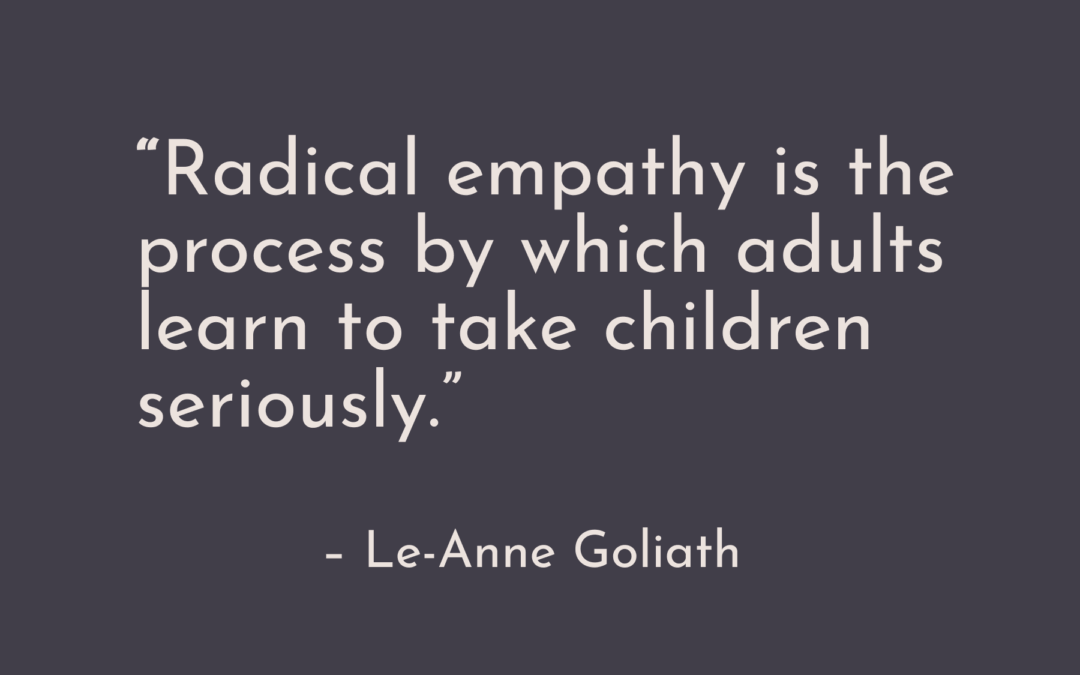
Taking children seriously: A radical empathy for our times
Le-Anne Goliath is a doctoral researcher in Social Psychology at the University of Sussex. Her research examines how radical empathy can foster resilience and a sense of belonging in children affected by trauma in schools. Originally from Cape Town, she has taught...
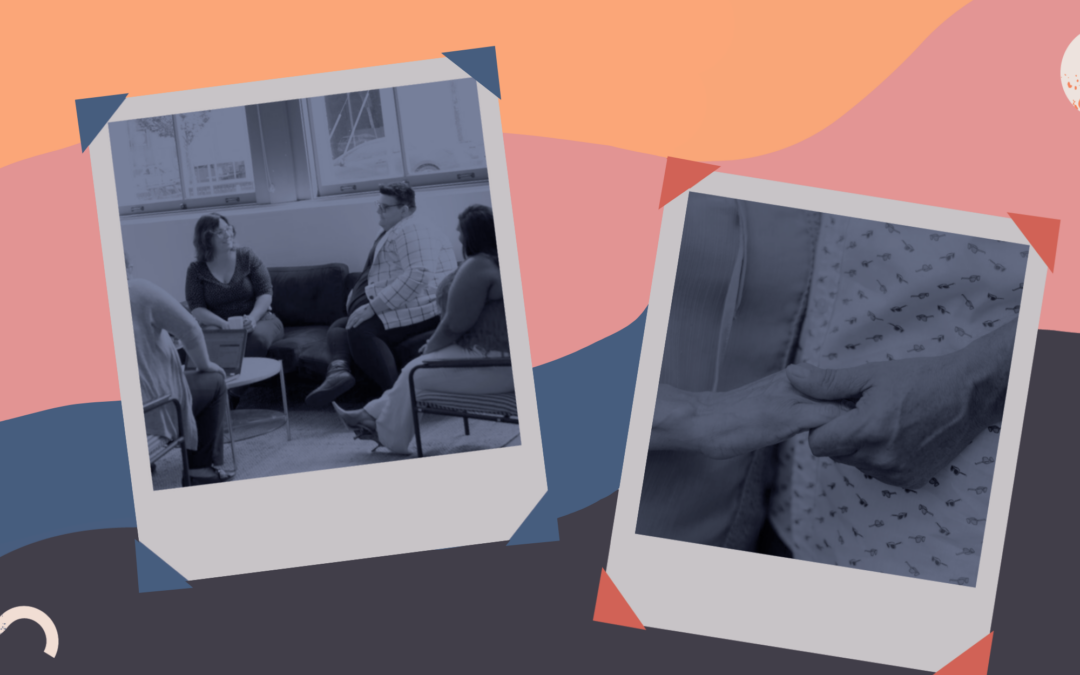
A birth and a knock to the head
When we’re unwell, how does the compassion that healthcare workers give (or fail to give) shape our experiences and health outcomes? In this blog, Rosa explores these questions, and shares two personal experiences that have shaped her thinking - (accidentally) giving...
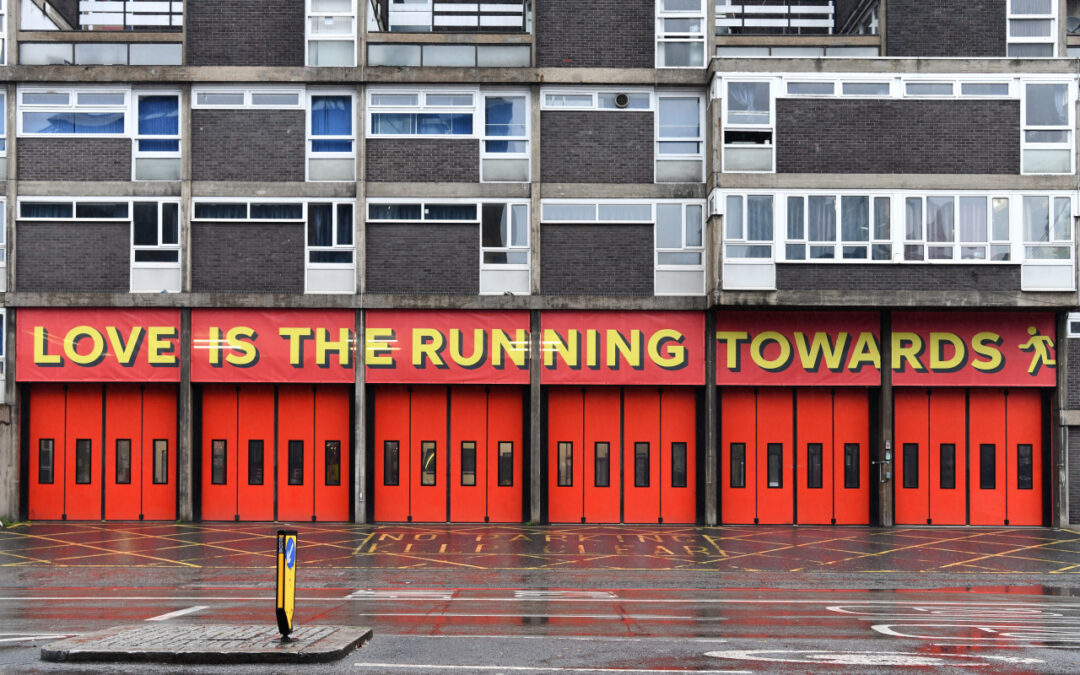
Four signs: Love is the running to strangers
In this short, personal blog, David reflects on the power of kindness, and runningthrough fire.Early one morning "I’m leaving today." "Leaving?" I said, puzzled by the early morning call and pushing back sleep, "Where are you going?" "Leaving," she said slowly,...

Our plans for a Relational Practice Academy: Where we’ve got to
In David Robsinon’s LSE lecture in 2023, he talked about the idea of responding to the increasing demand for knowledge about relationship-centred practice by developing a new training institution. We published a blog last autumn setting out more detail and invited...
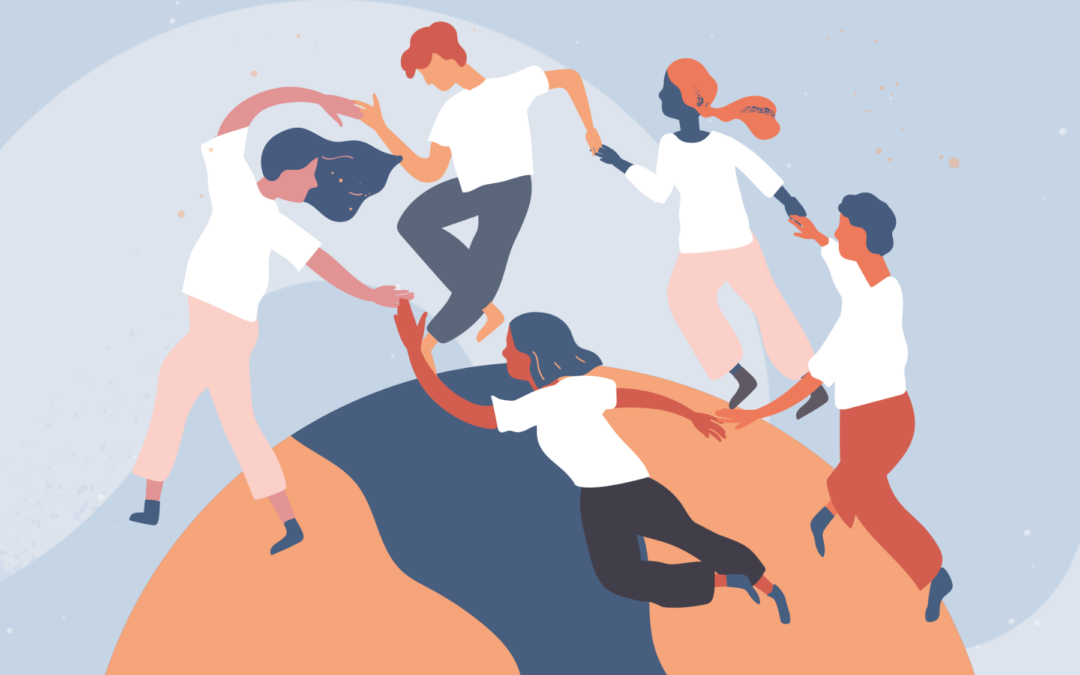
The Relational Neighbourhood
In brief Nick Sinclair and David Robinson have been mulling over a new blog for a while. It has been almost five years since their pandemic reflection on “the art of the covenant” (2020). A lot has changed since then but the underpinning principles of their thinking...
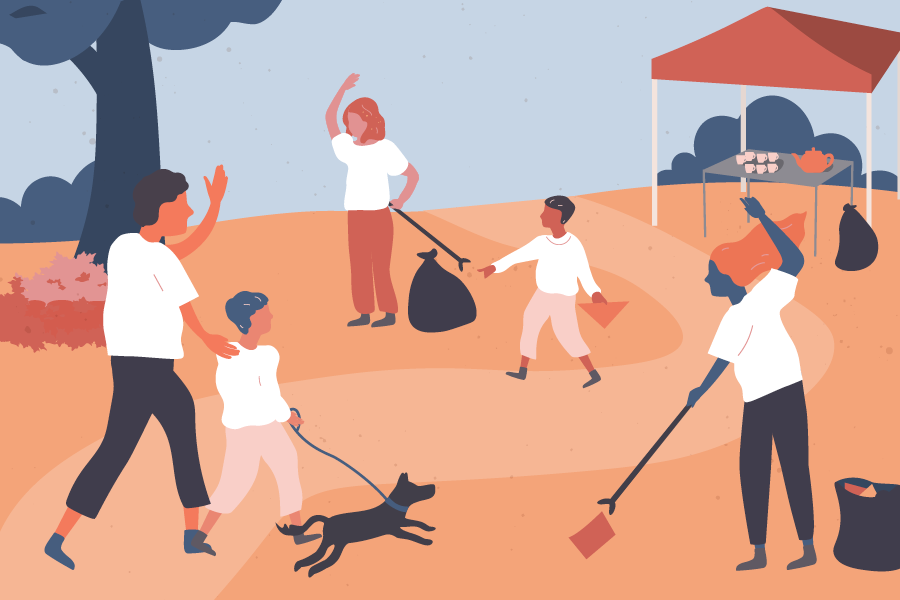
Letting the nation in: how a drive to promote relational practice could boost mission-based government
Introduction Nine months have passed since the general election. A new PM and a new generation of ministers have settled into post. They have had time to assess the legacy from the last administration and familiarise themselves with the ongoing work of every...
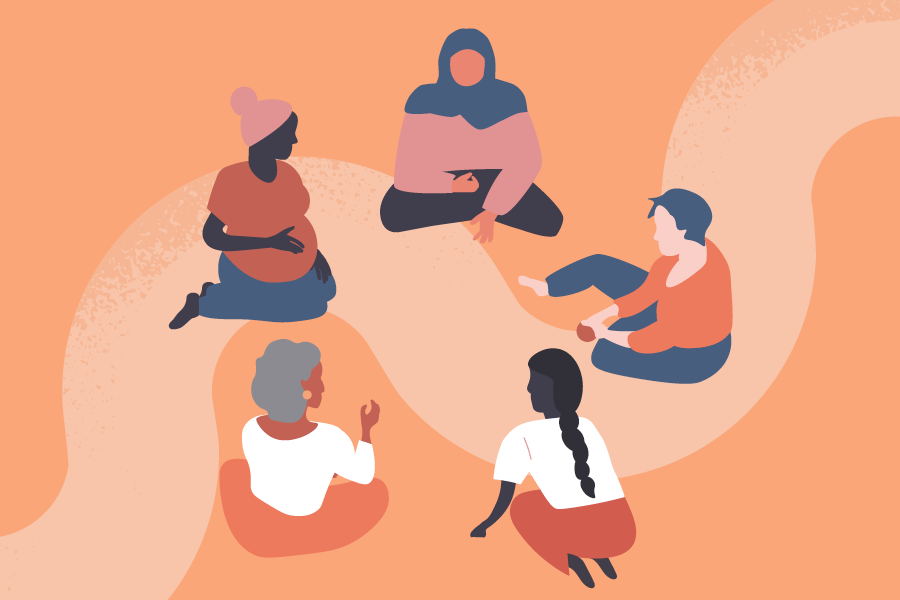
A relational approach to public policy: why it’s now essential
Introduction Nine months have passed since the general election. A new PM and a new generation of ministers have settled into post. They have had time to assess the legacy from the last administration and familiarise themselves with the ongoing work of every...
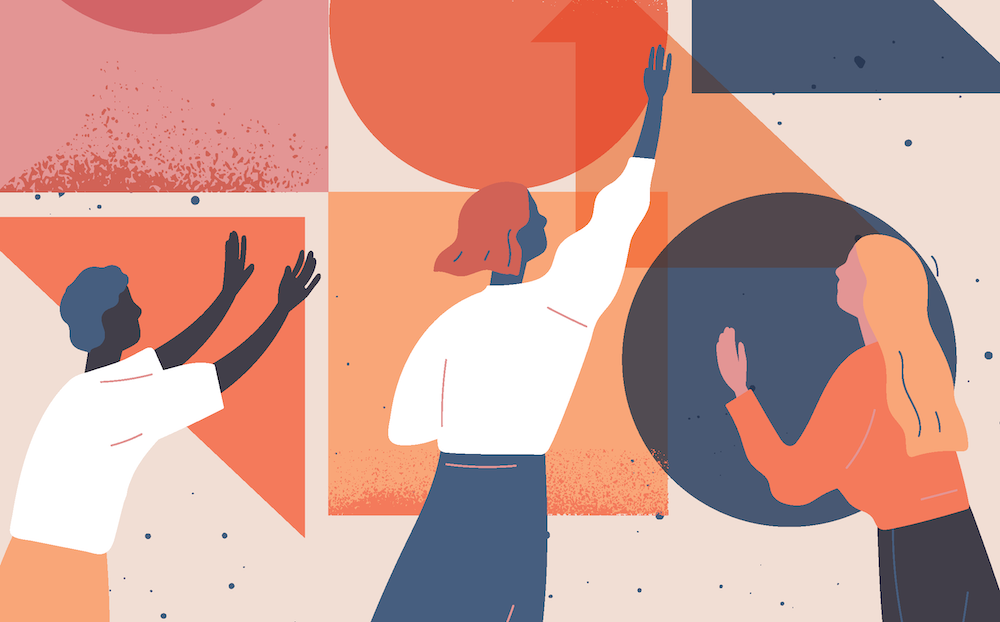
Defining our terms: customising, personalising and making relational
We posted a blog about relational offsetting a couple of weeks ago. In discussing our own ideas, and in looking at what others have said and written, we noticed differences in how we understand the key words. We thought it would be useful to set out our understanding...

How to have it all: relational offsetting
In brief This month, the UK government announced a huge public rollout of AI. If the plans embrace relational offsetting, it could allow us to prioritise human relationships where they really matter. Our hope is that 2025 will be the year when relational offsetting...
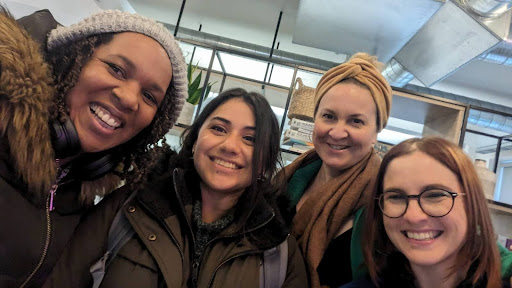
Growing Connection: The story of the Roots Programme
In this blog, we introduce three members of The Roots Programme team. The Roots Programme run programmes that bridge gaps, transcend social bubbles, and create lasting relationships across key facets of society. By building community through cultural exchange...
